Psychological Safety and the Dangers of Being Yourself
The Hazards of Letting your Creativity Show
Allowing people to see the weirdo within, the creative mind, mother of genius, is socially dangerous.
Most of us listen to the wisdom of our censors and hold back large parts of ourselves - particularly our authentic feelings, our opinions, and our new, untested ideas - unless we’re certain the risk of rejection is low.
When we’re with people we feel Psychological Safety with, we can be our natural selves. We reveal our sense of humor, tell stories, settle into our individuality. We speak original thoughts out loud right as they come to us.
In the absence of Psychological Safety, in settings we perceive as risky, we keep our filters pretty strict. Nothing original, spontaneous, or extraordinary comes out of us.
Why? Because other people’s negative reactions to us can trigger unpleasant, sticky, difficult thoughts and feelings. As Brene Brown (of the Power of Vulnerability Ted talk notoriety) points out, as long as we’re not full-blown psychopaths we are vulnerable, at some level, to experiencing shame.

Cultivate Belonging for All
Shame is the very distressing experience of believing that we are unworthy of love, respect, attention, and inclusion by those with whom we interdepend. When we hold the thought in our mind (and we believe it) that we don’t deserve the love of our tribe of humans because of some flaw in us, it feels very bad and our physiology suffers heavily. Shame is so bad for us that we will do nearly anything to avoid it, including pretending to be someone completely unlike our true nature, if that’s what it takes to be accepted.
The censor exists to protect us from shame. If the censor rules with an iron fist, we’ll have too much pruning and not enough growth to be able to be authentic or creative. To get the censor to ease up and let us generate, which depends on being allowed to be as we actually are by nature, we have to make exposure to feelings of shame less likely.
In Amy Edmondson’s words, Psychological Safety is “a belief that one will not be punished or humiliated for speaking up with ideas, questions, concerns or mistakes.”In safe teams we can count on the environment to provide us with basic acceptance, openness and empathy, a buffer of unconditional positive regard. The messy realities of being human are not a reason for a loss of esteem in the eyes of another. No matter what we do (even when we biff it gloriously), we still deserve connection and belonging.

Genius requires the right to be different
Being our natural selves around others helps us form bonds of friendship, respect and trust based on knowing each other’s real self. Knowing another person’s true self creates security, which allows us to feel safe to differentiate - to claim the ways in which we are distinct from the group, from the others.
The capacity to differentiate yields the ability to face conflict, which makes space for diversity. Diversity provides the interlocking, complementary multiplicity of perspectives that is necessary for Team Genius.
So if we’re on the hunt for Team Genius, Psychological Safety is what we’re really after. Start with exploring your own experiences of safety...in what situations did you feel completely free to be your full, unusual self? Why might those conditions have been right for you? Is there any way you could bring those conditions into your current work life?
Thanks for reading!If you’re wondering how you can create Psychological Safety in your own work life, so that you can harness the power of collective genius, check out our new online coaching group, Team Genius through Psychological Safety. 1 month of deep learning interactively online with peers.
This is number two of a series of posts about psychological safety. You may also want to read the first post Psychological Safety and Team Genius.

